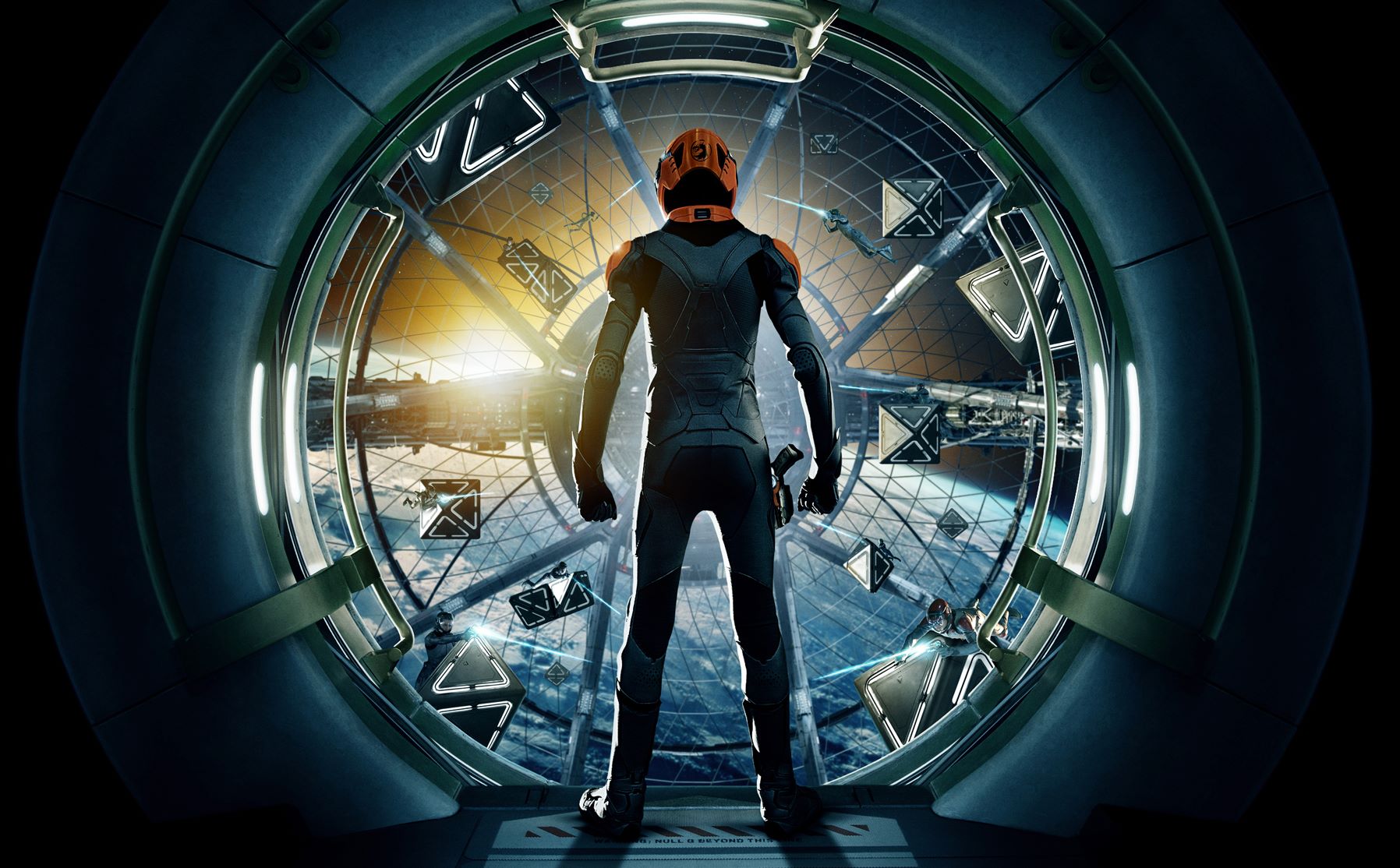PSYCHOLOGY: The cinematic take on Orson Scott Card’s Ender’s Game simulates child dictatorship.
By Ruthie Farrell, Staff Writer
What child enjoys catering to the never-ending demands of adults? Everyone remembers the blissful days of childhood, when the thought of no adults and rules sent an inevitable grin curling up one’s face. But now, we admit that anarchy would probably be one of the worst things to happen to society. Though Ender’s Game does not endorse chaos, the film explores Orson Scott Card’s intriguing social experiment in which authority no longer regulates the actions of one powerful child.
Ender’s Game collected an impressive 28 million dollars during its opening weekend. The film contains a curious plot that primarily focuses on strategy and state of mind, rather than the typical outward struggle present in most action movies. It seems that impressive special effects and large weapons just do not cut it anymore. In Ender’s Game, twelve-year-old Ender Wiggin attends military school. He does well, earning promotion after promotion, military school after military school. He eventually rises to power, obtaining control over an entire air force that vanquishes an alien race. This storyline alone would most likely either put people to sleep or send them storming out of the theatre to demand refunds for the overpriced food and tickets. But thankfully, the movie emphasizes Ender’s mindset through the different stages of power and how war affects morality—even that of an innocent child.
Ender’s Game is not the only movie to latch on to the dominant youth trend. The Hunger Games series has also found success in the film industry. The rise of young Katniss’s power and influence among the Panem districts results from the injustice of adult leadership. Veronica Roth’s Divergent book series has a similar plot and will make it to the big screen by April of 2014.
It makes sense. Movie makers are attempting to connect with their most loyal age group, which is about twelve to twenty years old. We are the ones who faithfully go on awkward movie dates and wait in endless lines to watch premieres in the middle of the night. We are the ones who have the time and energy to dedicate our weekends to movie theatres and/or Netflix. Young people will watch movies that they connect with. A film like Ender’s Game that portrays the emotional struggles of pressure and being a misfit is perfect for the average stressed-out teenager. It satisfies the odd desire for violence and explosions, but manages to make an emotional connection as well. We feel a very cheesy empowerment to conquer any hardship that comes our way and bond with the movie’s characters over mutual stress.
Today’s movies need more than epic war scenes to make them successful. Ender’s Game meets the usual alien threat with an unusual child commander. The combined action, strategy and morality may mark the end of an old age of action film, and the start of a new wave of cinematic game play.
Photo courtesy of spinoff.comicbookresources.com

